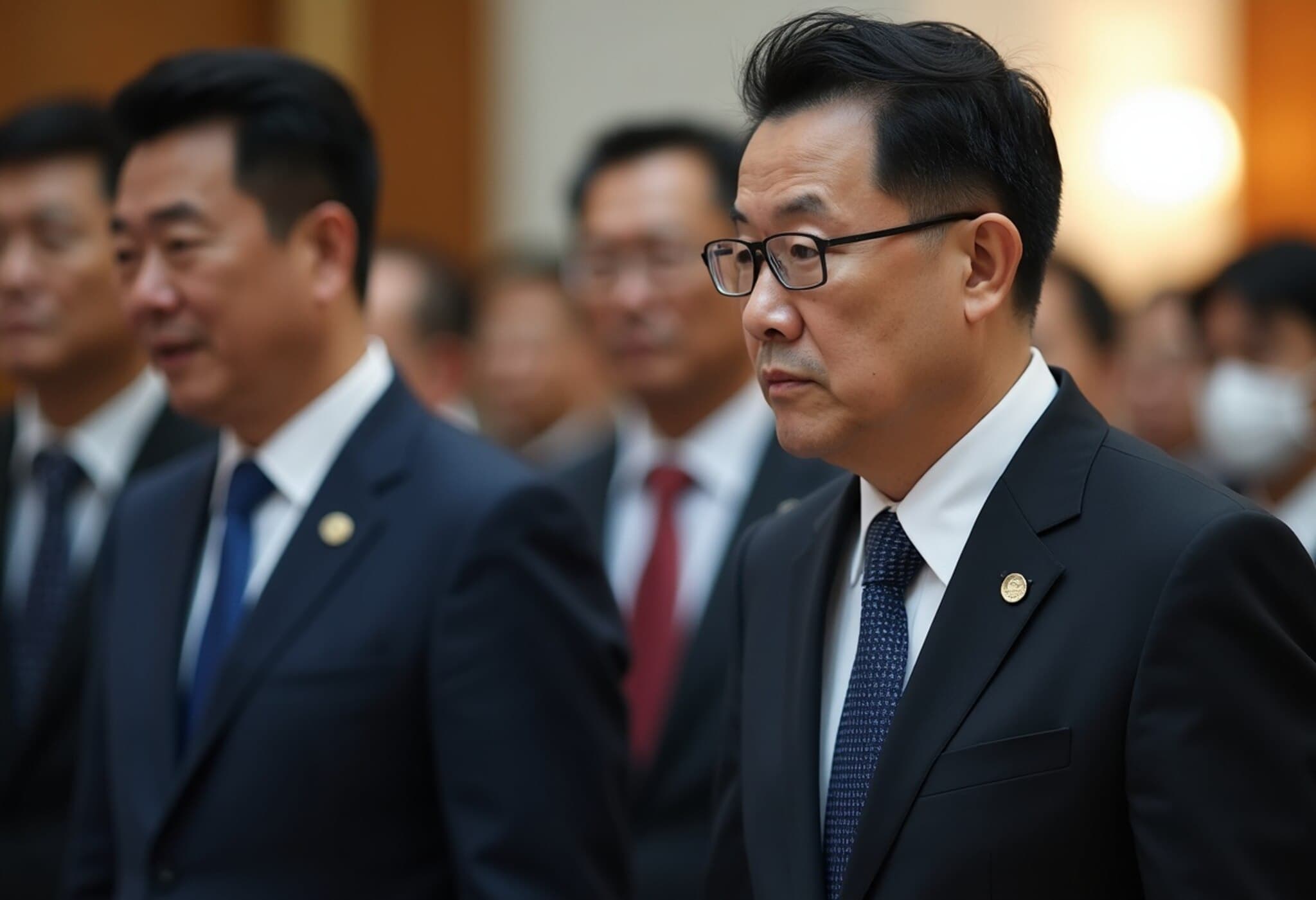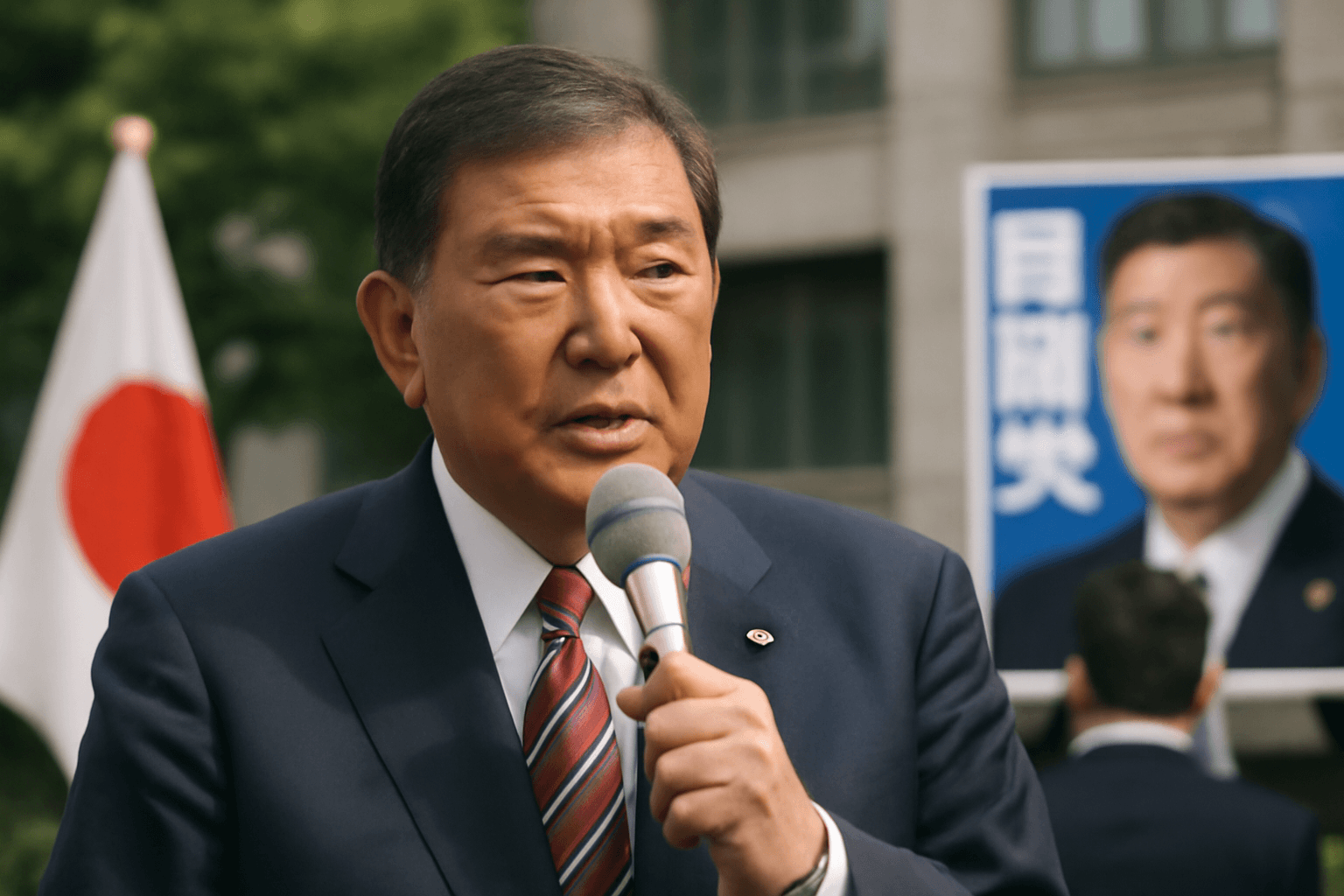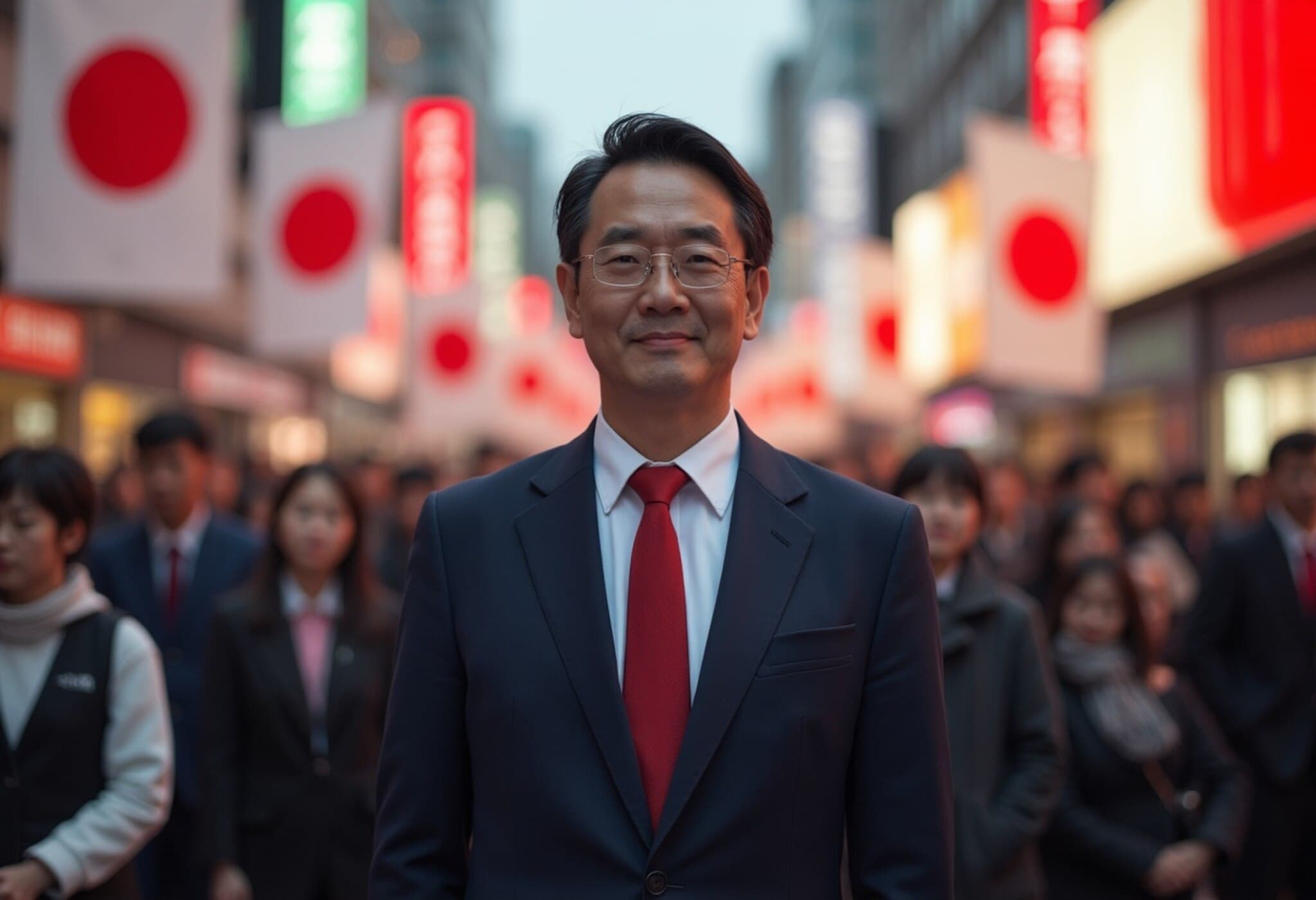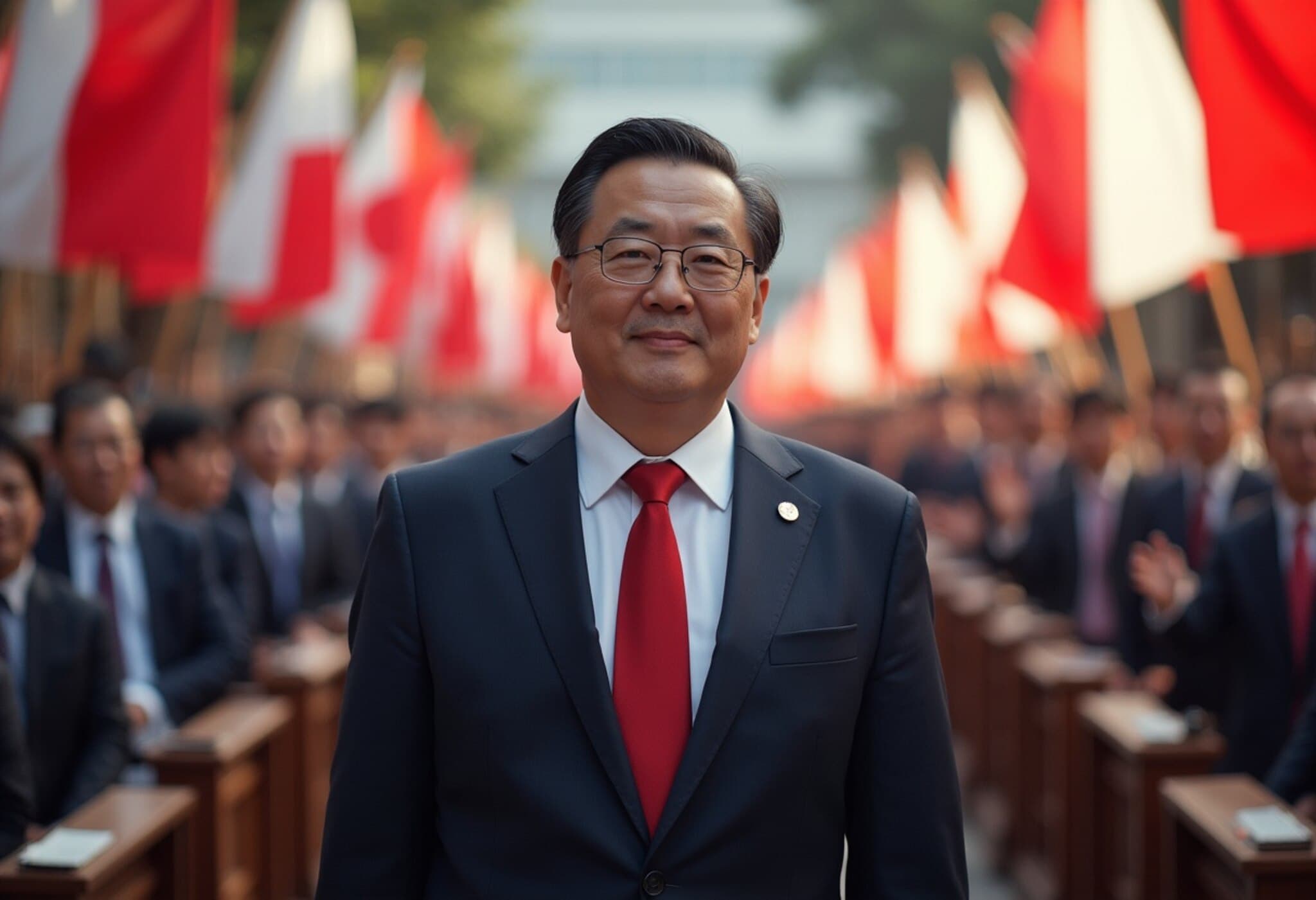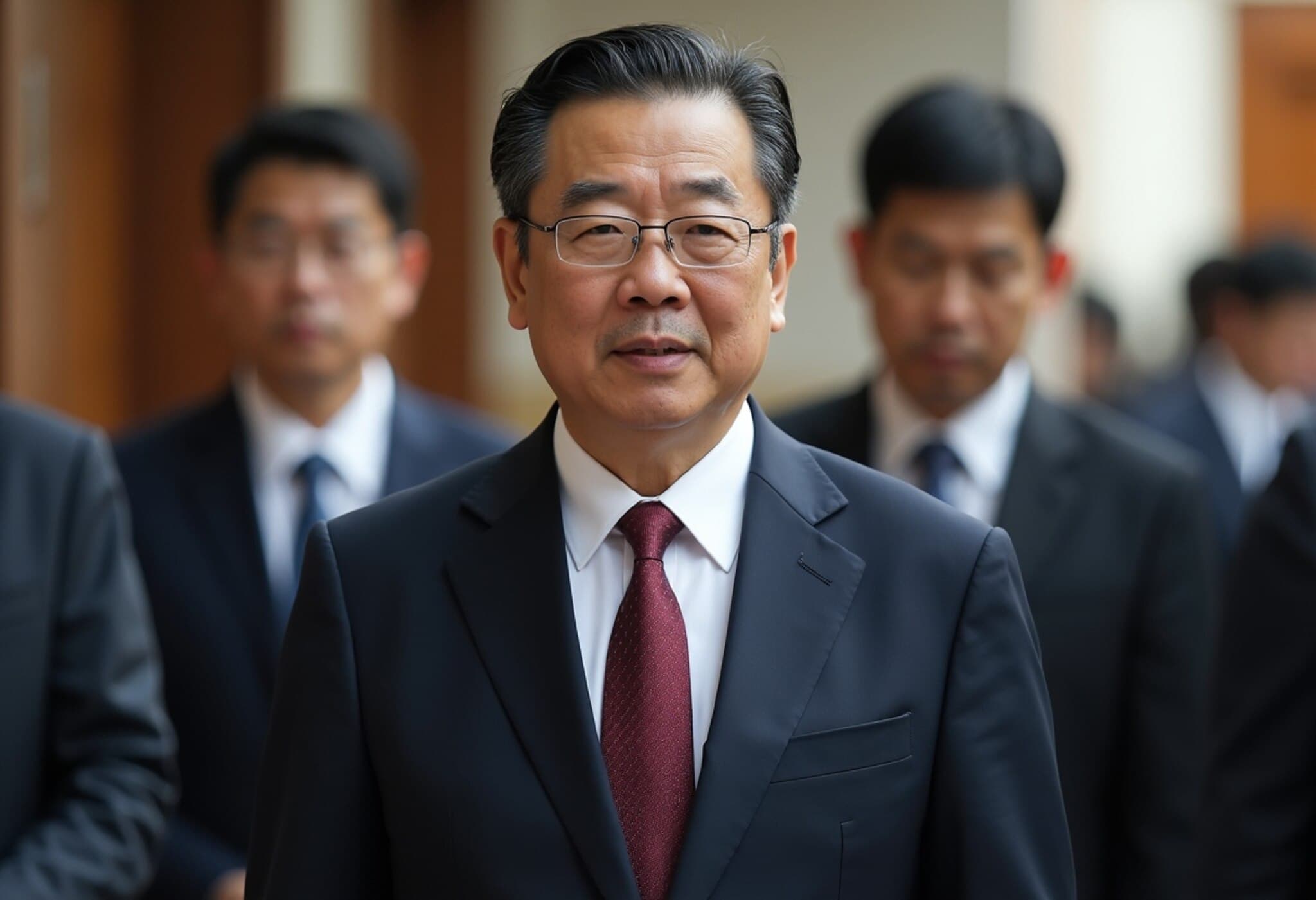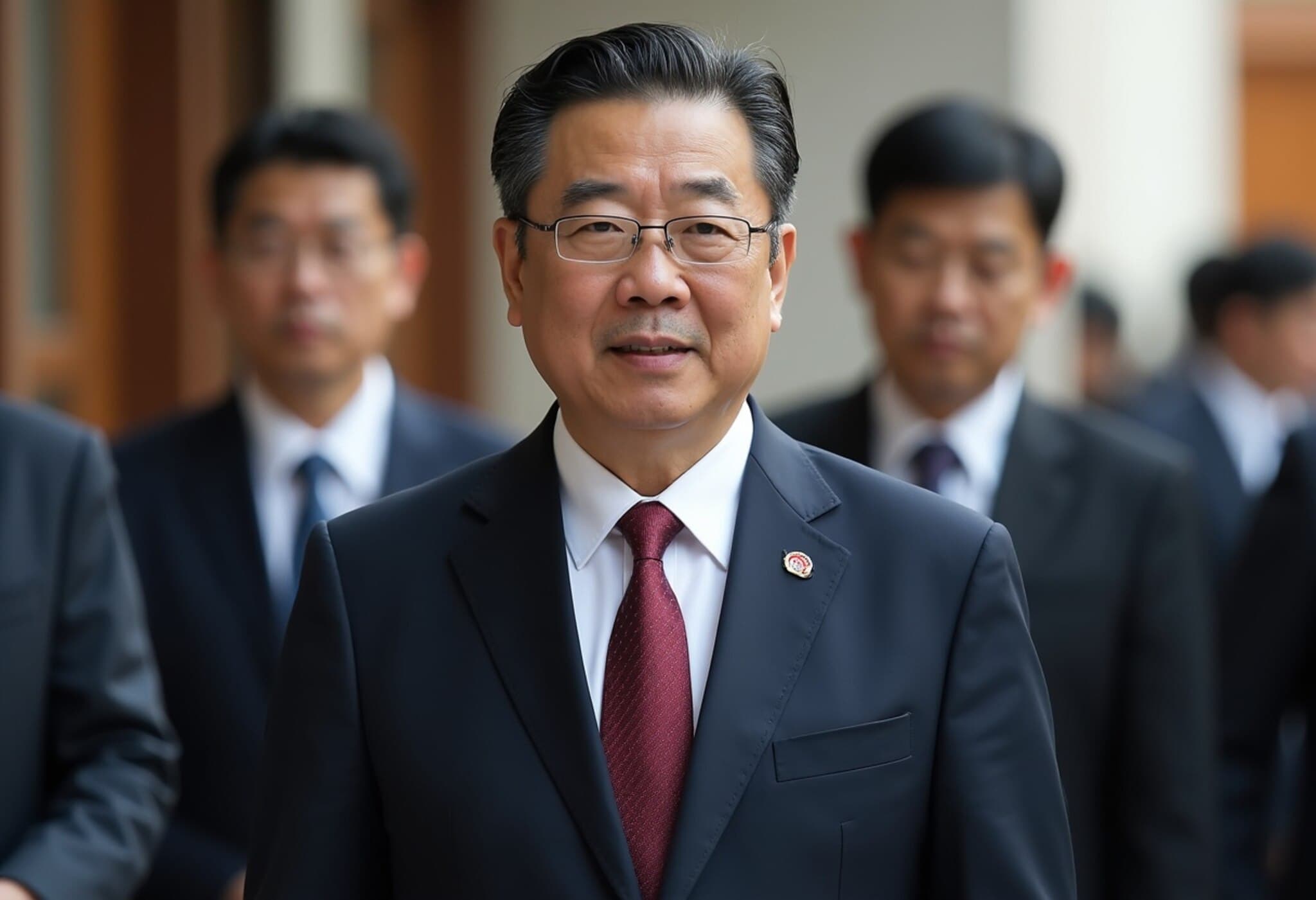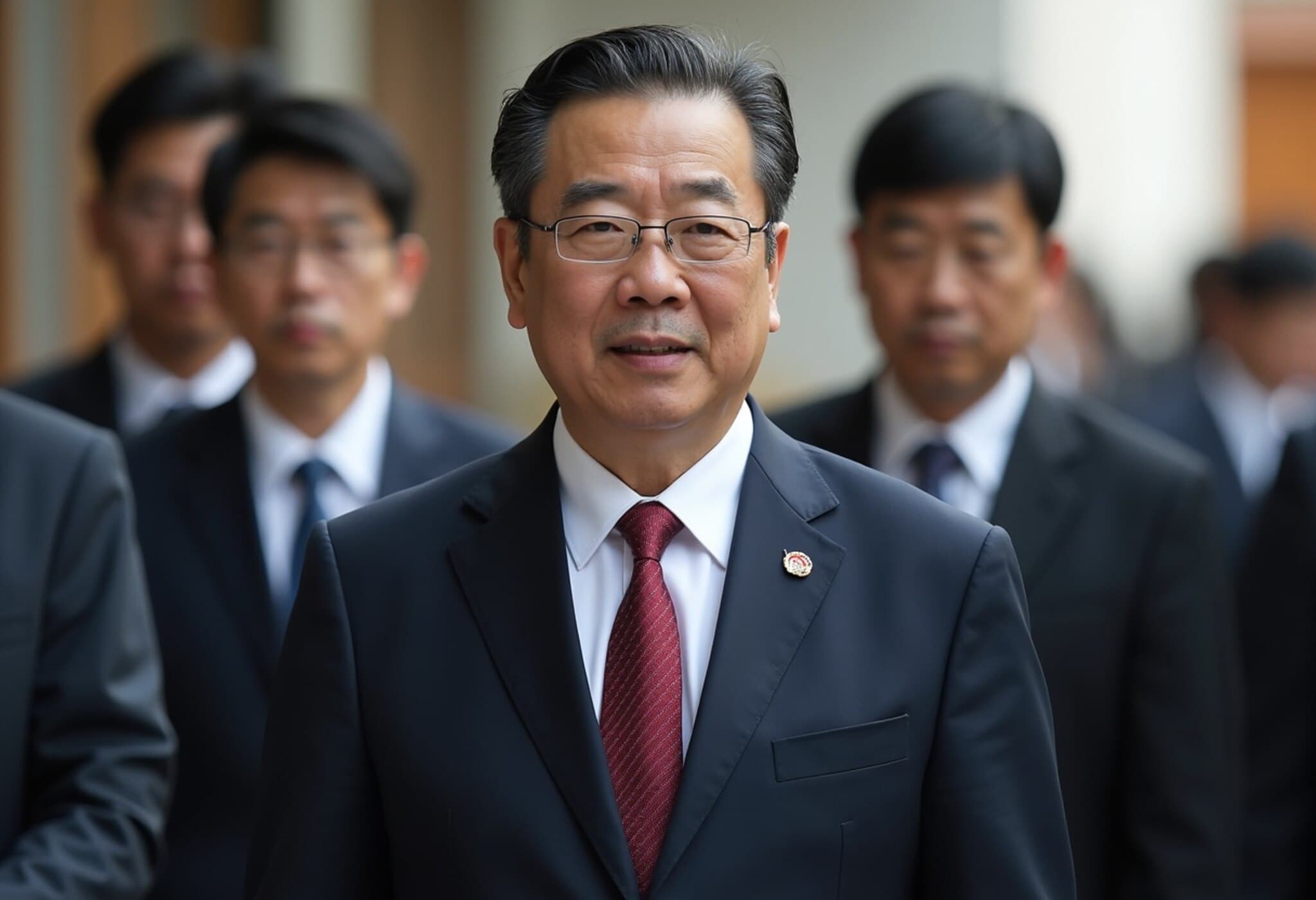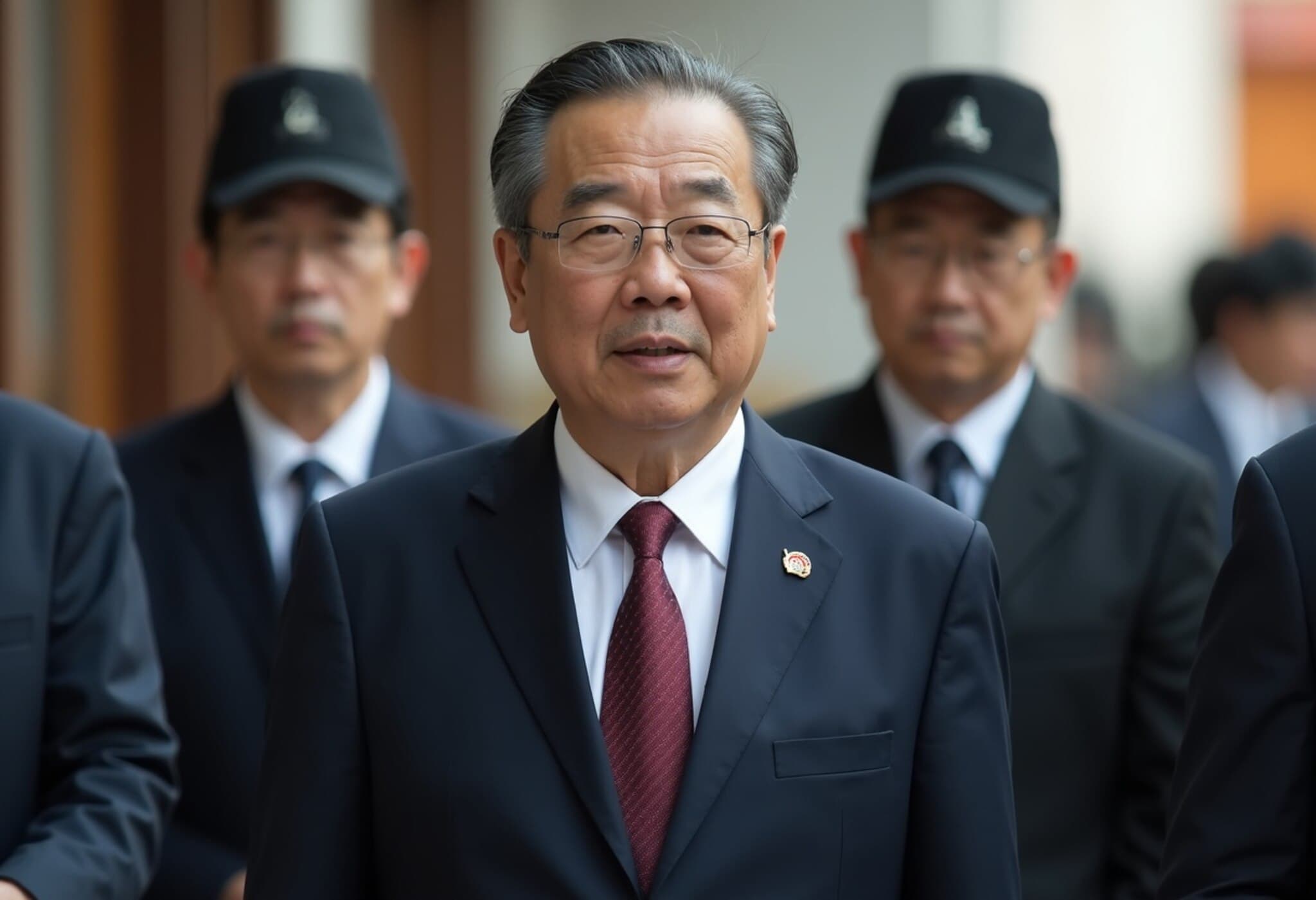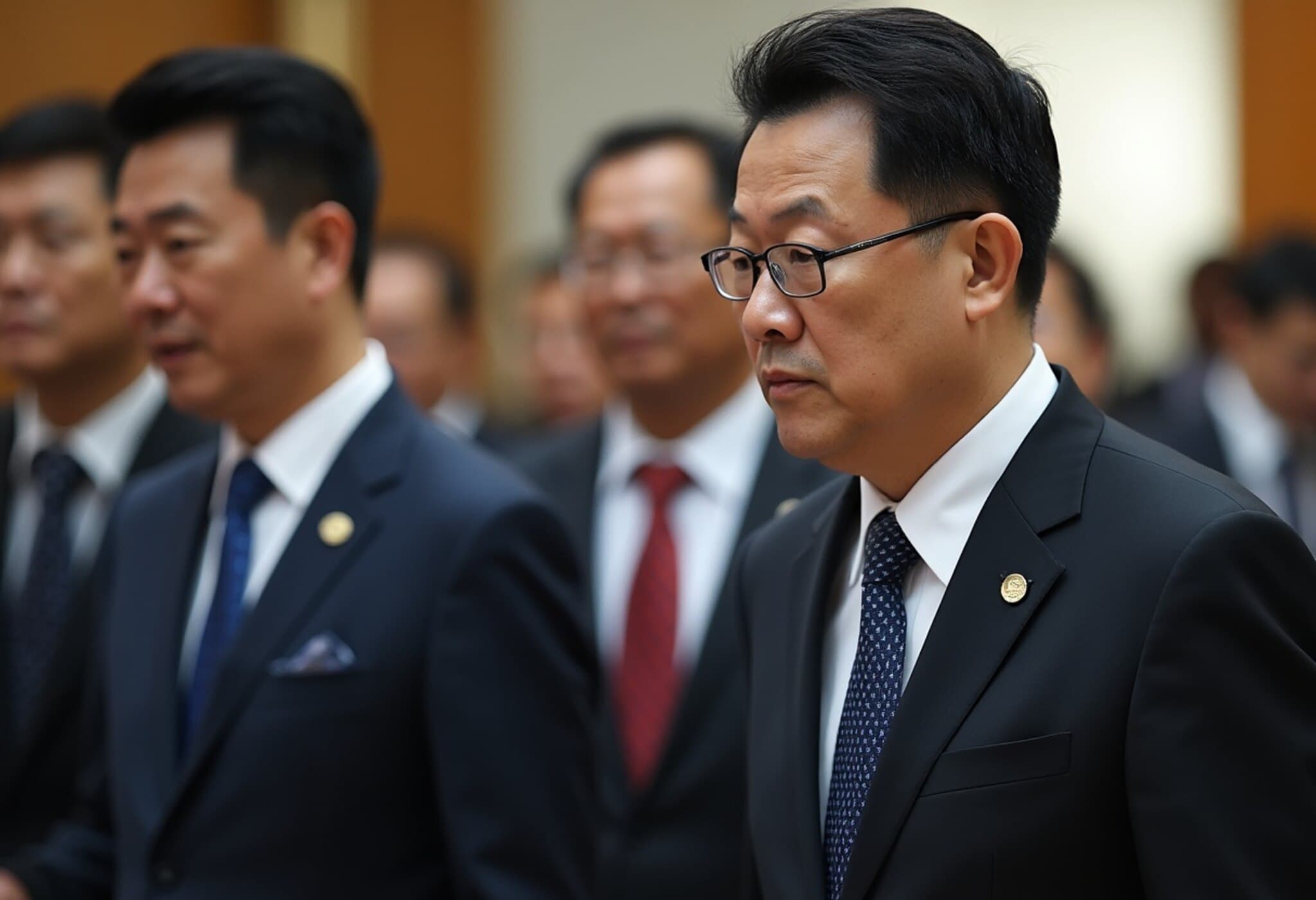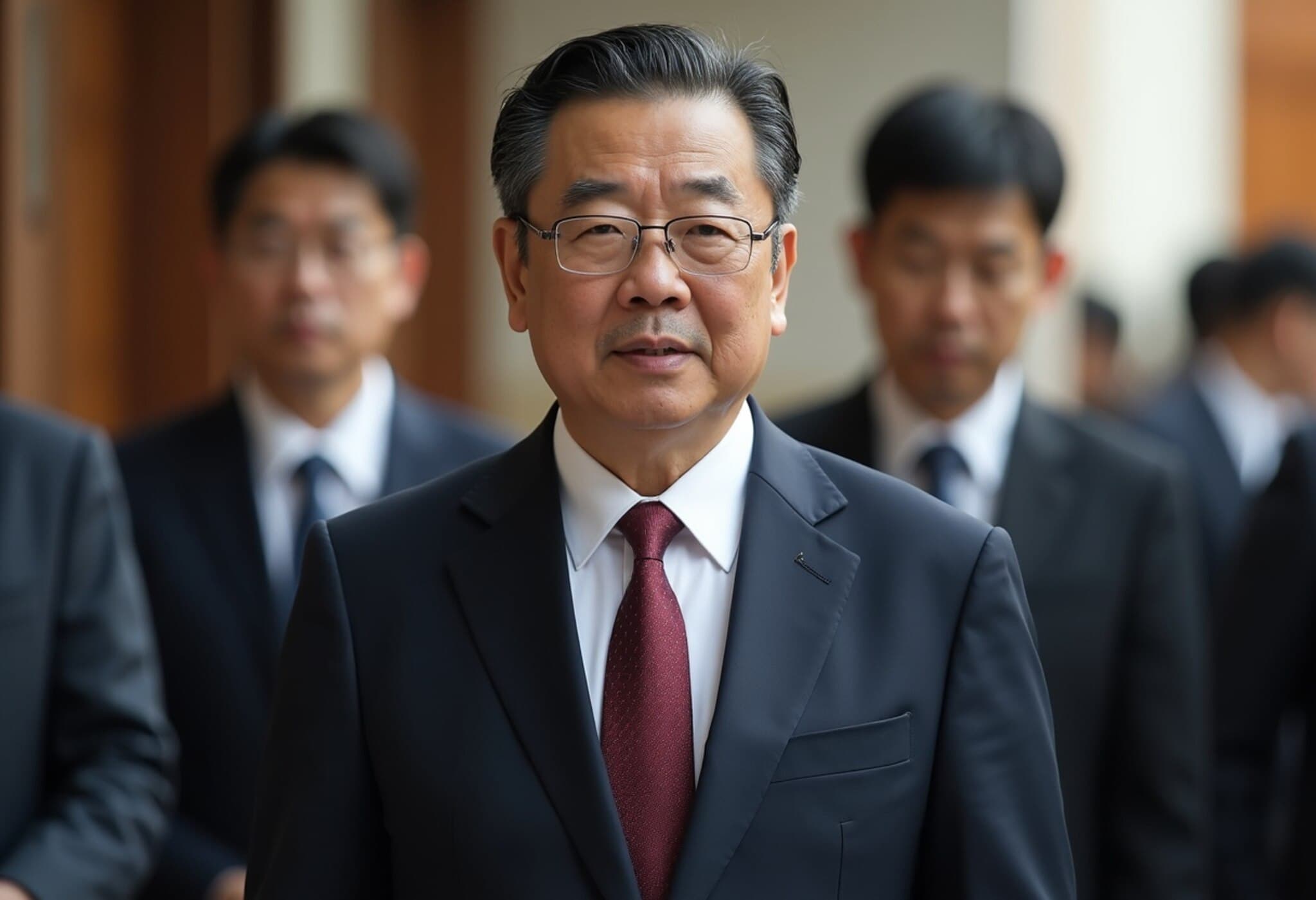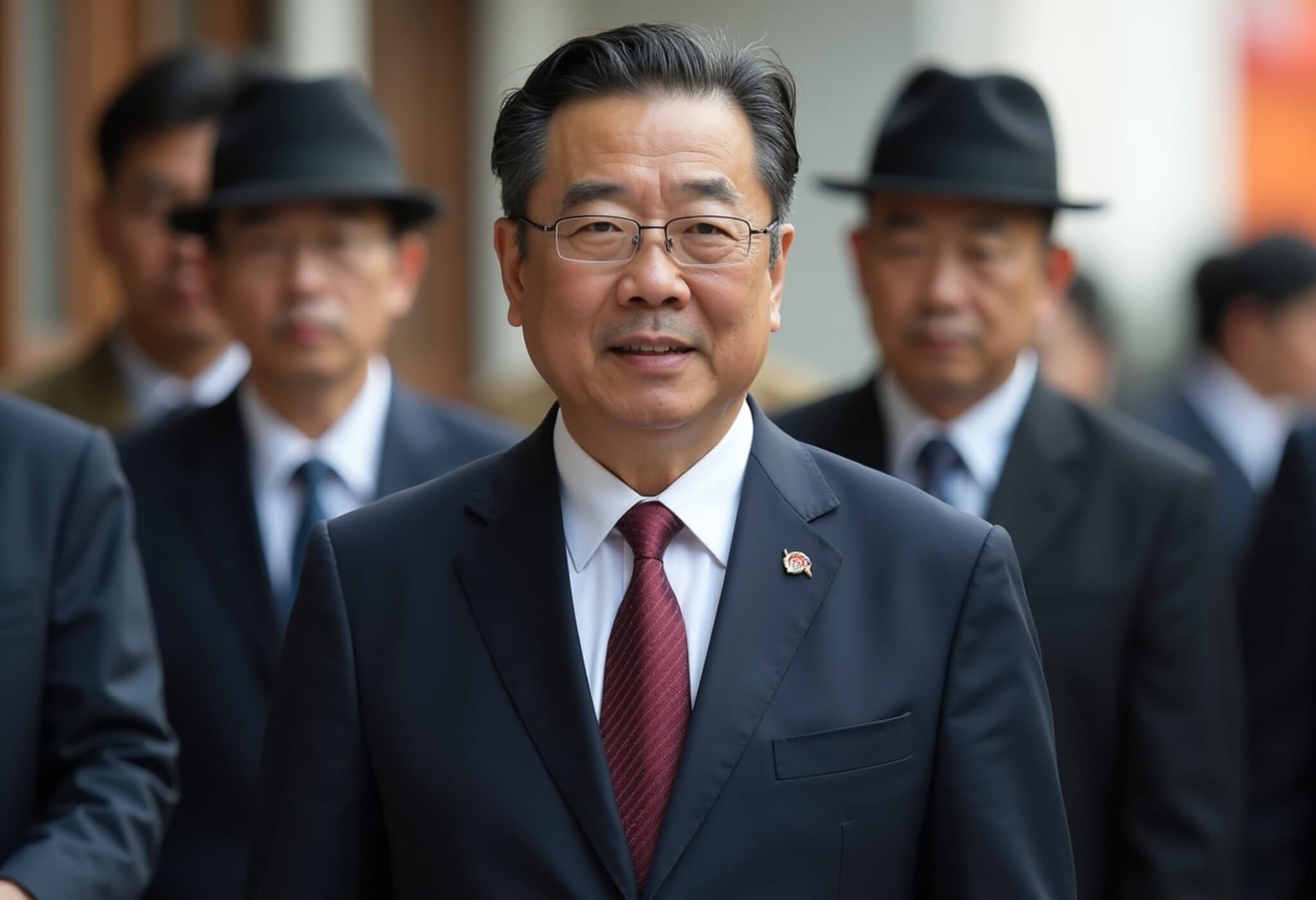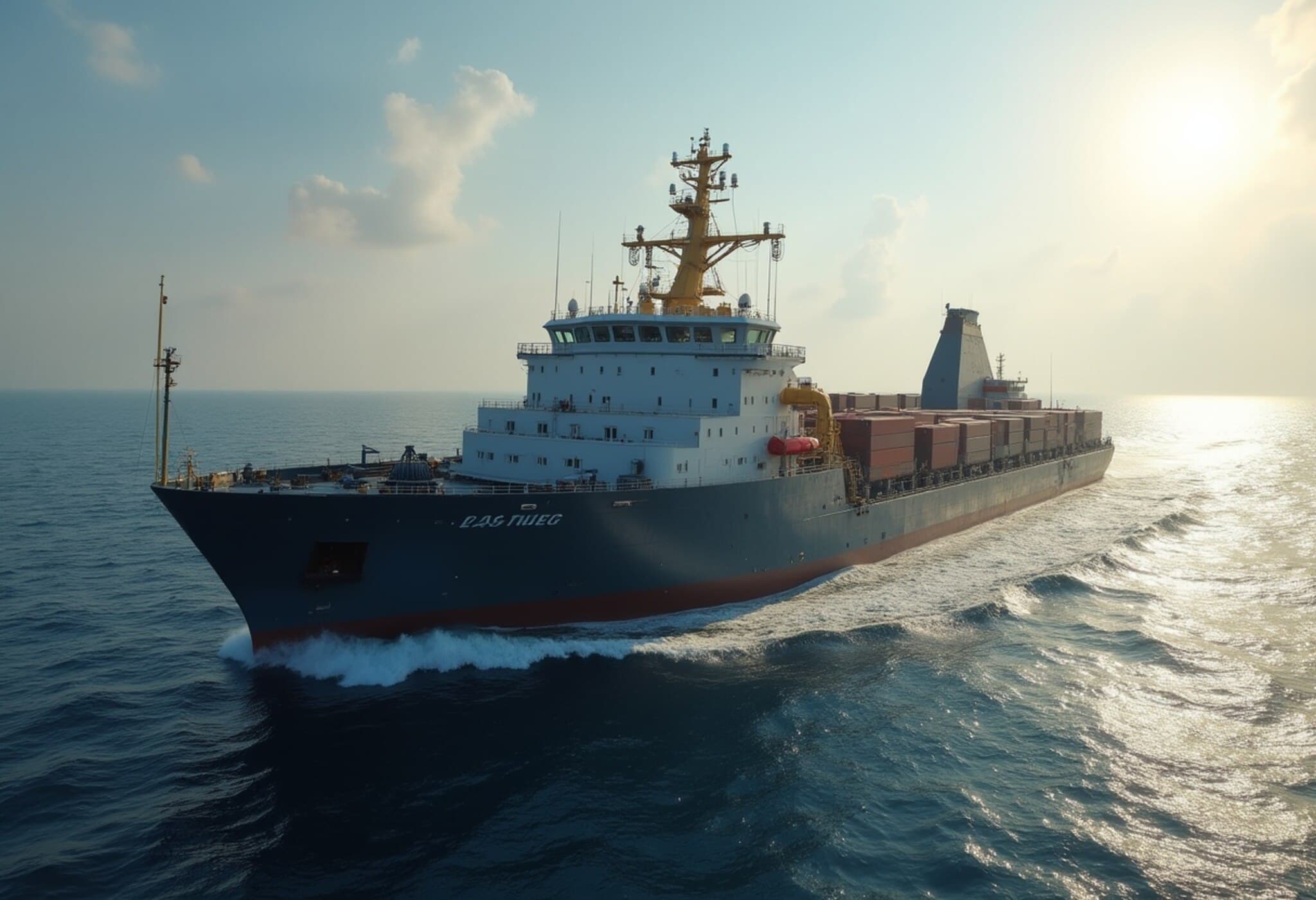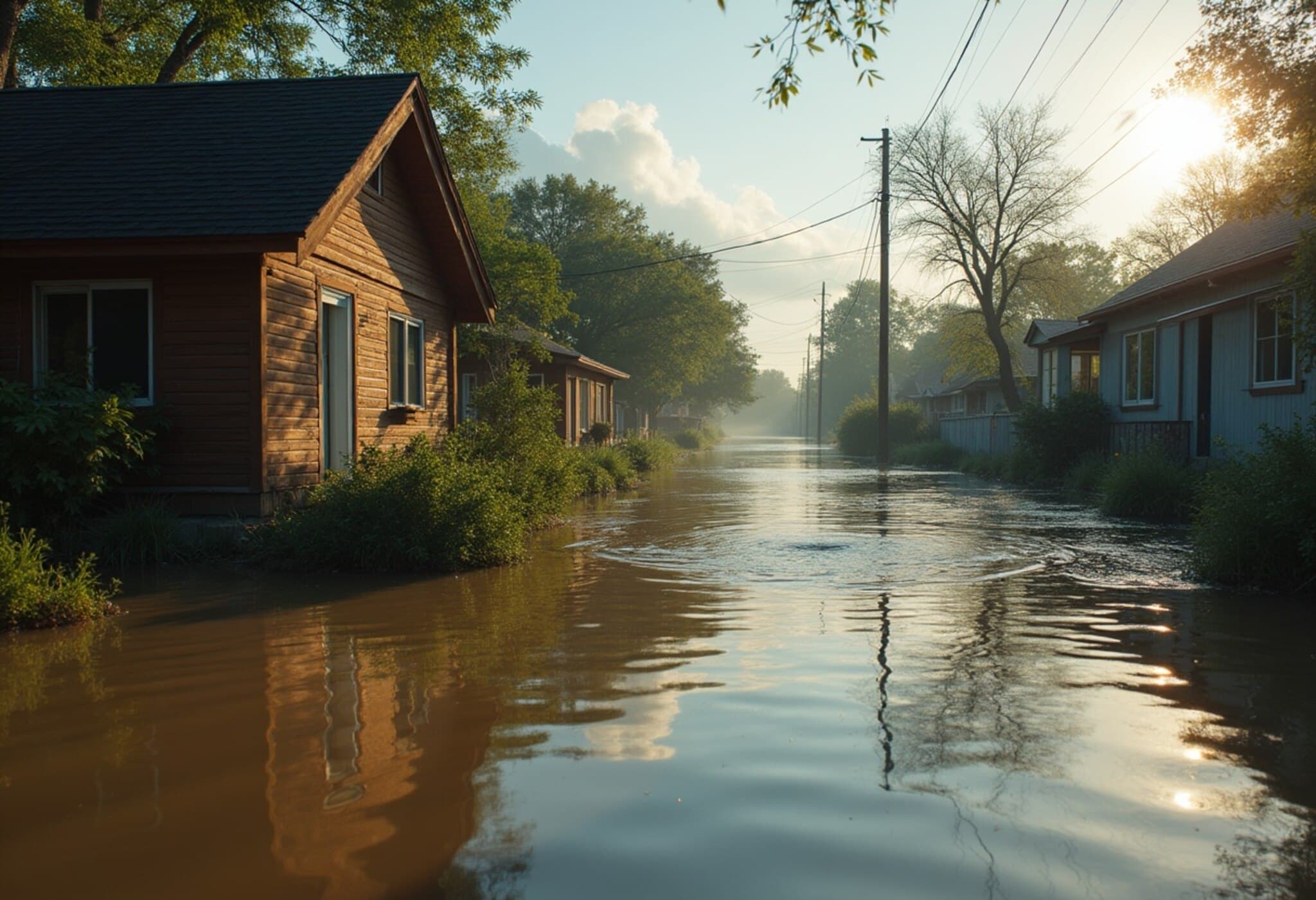Prosecutors Request Detention of Former South Korean President Yoon Suk Yeol
In a dramatic turn of events unfolding in Seoul, South Korea’s special prosecutors have formally requested the detention of former President Yoon Suk Yeol. This request comes a day after Yoon’s extensive questioning regarding his controversial declaration of martial law in December 2024, a move that plunged the nation into a political crisis.
Background: A Nation Grappling with Democratic Traditions
South Korea has long been lauded as a resilient democracy, having emerged from decades of military dictatorship in the 1980s to become a vibrant republic. Yet last year’s martial law declaration — which was swiftly overturned after lawmakers stormed the National Assembly to reject it — sent shockwaves throughout the country, reviving fears of authoritarian regression.
Details of the Allegations Against Yoon
The former president faces severe accusations, including orchestrating an insurrection, a charge carrying the gravest penalties: death or life imprisonment. Prosecutors allege that in January 2025, Yoon mobilized presidential guards to obstruct his arrest after the declaration of martial law sparked public outrage and legal actions against him.
- Criminal charges: Insurrection, abuse of power, obstruction of justice.
- Legal proceedings: Yoon was arrested in January but released after 52 days due to procedural issues.
- Current action: Special prosecutors have submitted a renewed detention request to the court, citing fresh concerns related to abuse of power and obstruction.
Legal and Political Implications
The legal battle encapsulates more than just Yoon’s fate; it reflects the deeper struggle within South Korea’s political fabric between upholding democratic norms and confronting authoritarian impulses. After the Constitutional Court upheld Yoon’s impeachment in April 2025, his removal became a historic moment, demonstrating South Korea’s institutional resilience.
However, the judiciary’s scrutiny now intensifies as prosecutors seek to detain Yoon anew, asserting undisclosed evidence that reportedly validates their claims. Yoon’s defense vehemently rejects these allegations, arguing in court filings that the detention request lacks credible proof and is politically motivated.
The Prosecutorial Team and Political Context
The special prosecution team, comprising more than 200 lawyers and investigators, was convened shortly after liberal President Lee Jae-myung assumed office in June 2025, following a snap election necessitated by Yoon’s impeachment. The transition in leadership underscores a significant ideological shift in South Korean politics.
Expert Insight: What This Means for South Korea and Beyond
From a governance perspective, the case is a crucial test of the rule of law against the backdrop of international concerns about executive overreach. For South Koreans, the shadow of past authoritarianism remains a potent reminder of democracy’s fragility. Experts suggest that the global community should monitor these developments carefully, as South Korea often stands as a model for democratic transition in Asia.
Key questions remain:
- Will the judiciary continue to assert independence in a politically charged environment?
- How will President Lee’s administration navigate political polarization and institutional reform?
- What safeguards can be put in place to prevent future crises relating to martial law declarations?
Looking Ahead
The court’s decision on the detention request is awaited with bated breath. Meanwhile, public opinion remains divided between those who call for strict justice to preserve democracy and others who warn against political persecution. Whatever the outcome, Yoon’s trial will likely become a landmark legal proceeding with far-reaching implications for democratic governance and accountability in South Korea.
Editor’s Note
The saga surrounding former President Yoon Suk Yeol spotlights the delicate balance democracies must maintain when confronting allegations of insurrection by high-ranking officials. South Korea’s experience underscores the vital role of independent institutions in safeguarding democratic norms. As this story develops, it invites deeper reflection on how emerging democracies can strengthen legal frameworks to deter civil unrest while protecting fundamental rights.

